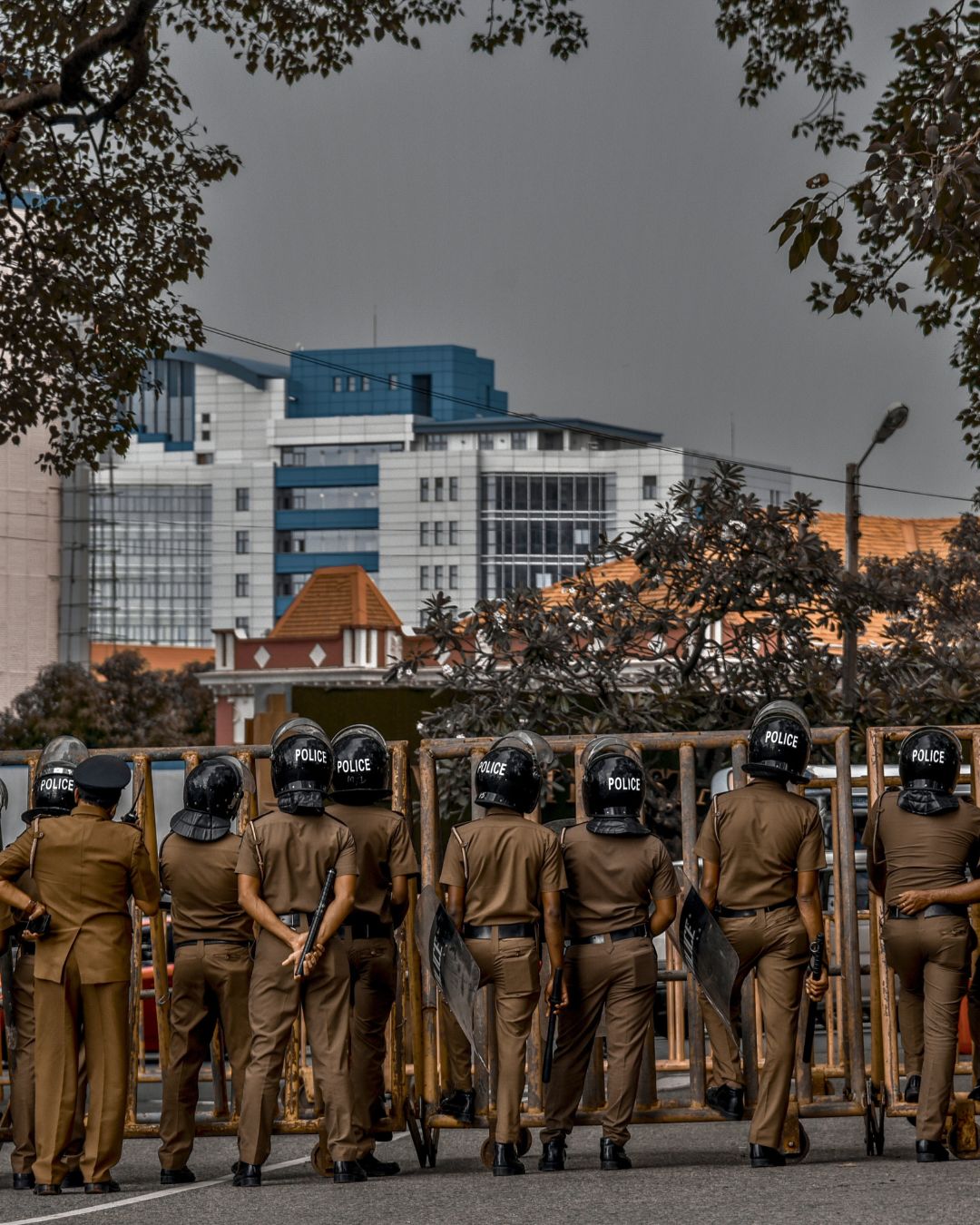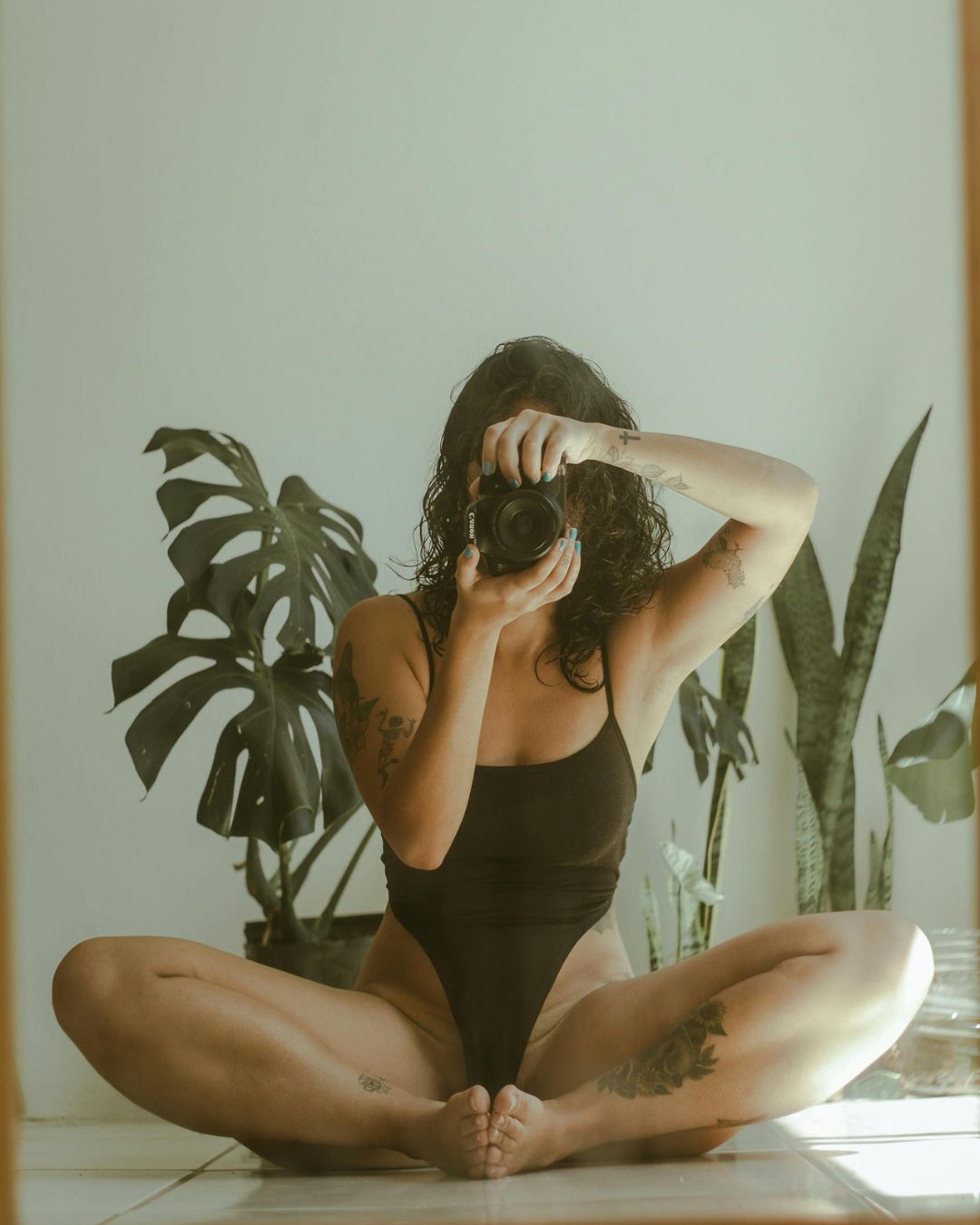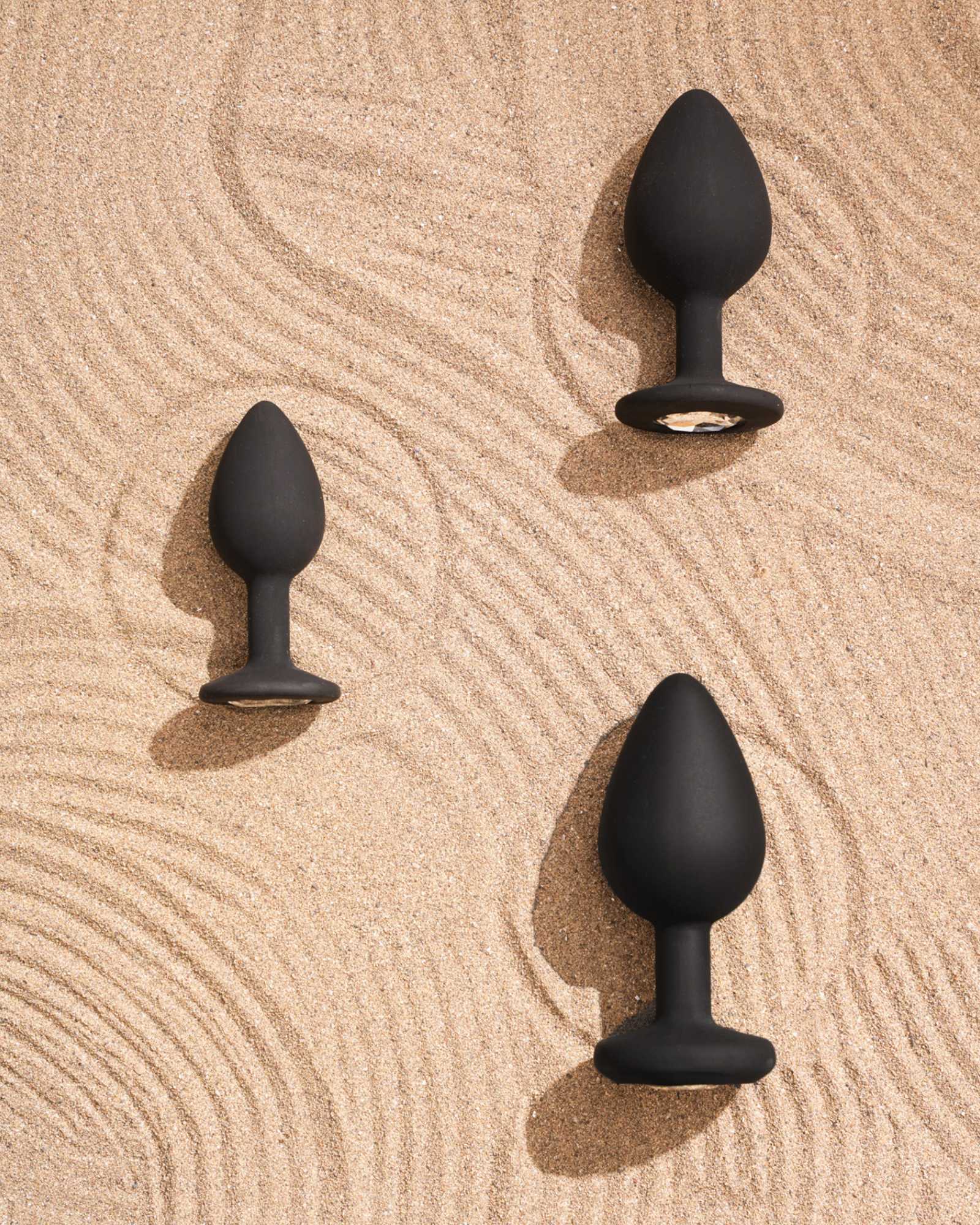The first time I sought medical support for menstrual distress was when I was 14. I had been experiencing waves of amenorrhea with severe menstrual pains and lower back spasms and hadn’t been able to keep any of my meals down.
The gynaecologist asked me why I was there and cut me off as I discussed my distress. “You’re playing too many sports and you’re too skinny. Eat more and play less and you’ll be fine”.

I could not understand why my appearance was all that seemed to matter to her. What about the way my body had stopped sleeping and eating in anticipation of my board exams and the crushing fear of what would happen if I failed even a single subject? How could I explain to this doctor that not all mothers know how to love, that some of them threaten you with homelessness if you embarrass them by coming back with a less-than-perfect score?
Eating all my meals and going to bed on time was a logical solution that my body did not have access to at the time, but I don’t think they have a chapter for that in any medical textbooks. As I grow older, I recognise that most nuances of being a fully developed human being don’t necessarily feature in academic journals.

None of this is to say that a Gynaec can or should be able to offer the same skill set that a mental health practitioner needs to. But when the language of mental health support and psychosomatic distress continues to circulate only within upper class and elite circles, is it not fair to ask for basic acknowledgement? Is it so unreasonable to expect a Gynaec to recommend a session with a therapist or ask a few questions to rule out abuse or traumas as a possible cause of distress?
At 29, my menstrual cycle feels worse. The mental distress of navigating queerness and transness, cutting ties with parts of my biological family and having watched my loved ones attend funeral after funeral in these past 3 years has all seemed to accumulate in my uterus. My period usually comes late, it brings me a full 24 hour window of dizzying pain before letting out a single drop of blood to confirm its presence, then disappears for another 24 hours.

I went to another gynaecologist this time. New person, new city. This time, I was told that I look okay and that my menstrual issues will resolve themselves when I get a husband who gets me pregnant.
I had several questions at that point, but I left her clinic without asking a single one of them.
After all, why should I have to explain to my doctor that I do not intend to have children of my own at any stage of my life? Or that birthing a child to resolve my internal bodily discomfort sounds inhumane and selfish? Why set up shop with a medical degree if the true cure to my uterine woes is not a doctor, but a husband with a magic d*ck whose semen combined with my eggs will single-handedly rid me of every single ounce of grief and distress I have ever encountered?
As with most aspects of my mental and physical health, I discovered better language and validation of my theories on the impacts of grief online and within my trusted communities of queer and trans people and Bahujans.

No medical professional has ever talked to me about this, but my best friend who is also a survivor of several forms of trauma openly discusses her PCOS with me. Another tells me about their fibroids. A dear acquaintance sends me an interview of a trans man who discusses his life experience with pelvic floor dysfunction and the likelihood of queer people navigating pelvic tightness coupled with back pains and digestive troubles. It is my Bahujan friends to describe to me what it was like to grow up in families where menstrual discomfort and duress runs through several generations, with each one tackling a new form of medical gaslighting and neglect.
I do not have a bone to pick with the individual doctors that sent me out of their clinic with nonsensical heterosexual garble as a real prescription. My actual question here is— what kind of education and industry that so often prides itself on requiring driven applicants with a high acumen for vast bodies of knowledge, could let people leave their institutes with such bizarre understandings of the human experience?
In a country where medical professionals still use the ‘two finger test’ to determine sexual assault, where ‘marriage’ is seen as a diagnostic tool for STIs, and lawmakers still believe that the meaning of consent changes after marriage, should we really be this blasé about an entire industry of healthcare professionals offering such daft and unhelpful solutions?

Where is the space for queer, trans and Bahujan doctors who can combine their academic training and professional expertise with their lived experiences of complex trauma, societal neglect, systemic violence and grief?
As the dialogue around mental distress slowly highlights the importance of community care alongside self-care, I am reminded of my luck and gratitude for finally having built a community that recognises grief and the way it sits in my bones and affects my diet, sleep and sexual functioning.
If only today’s doctors could see the need to be a part of communities like those too.


















Leave a comment
This site is protected by hCaptcha and the hCaptcha Privacy Policy and Terms of Service apply.